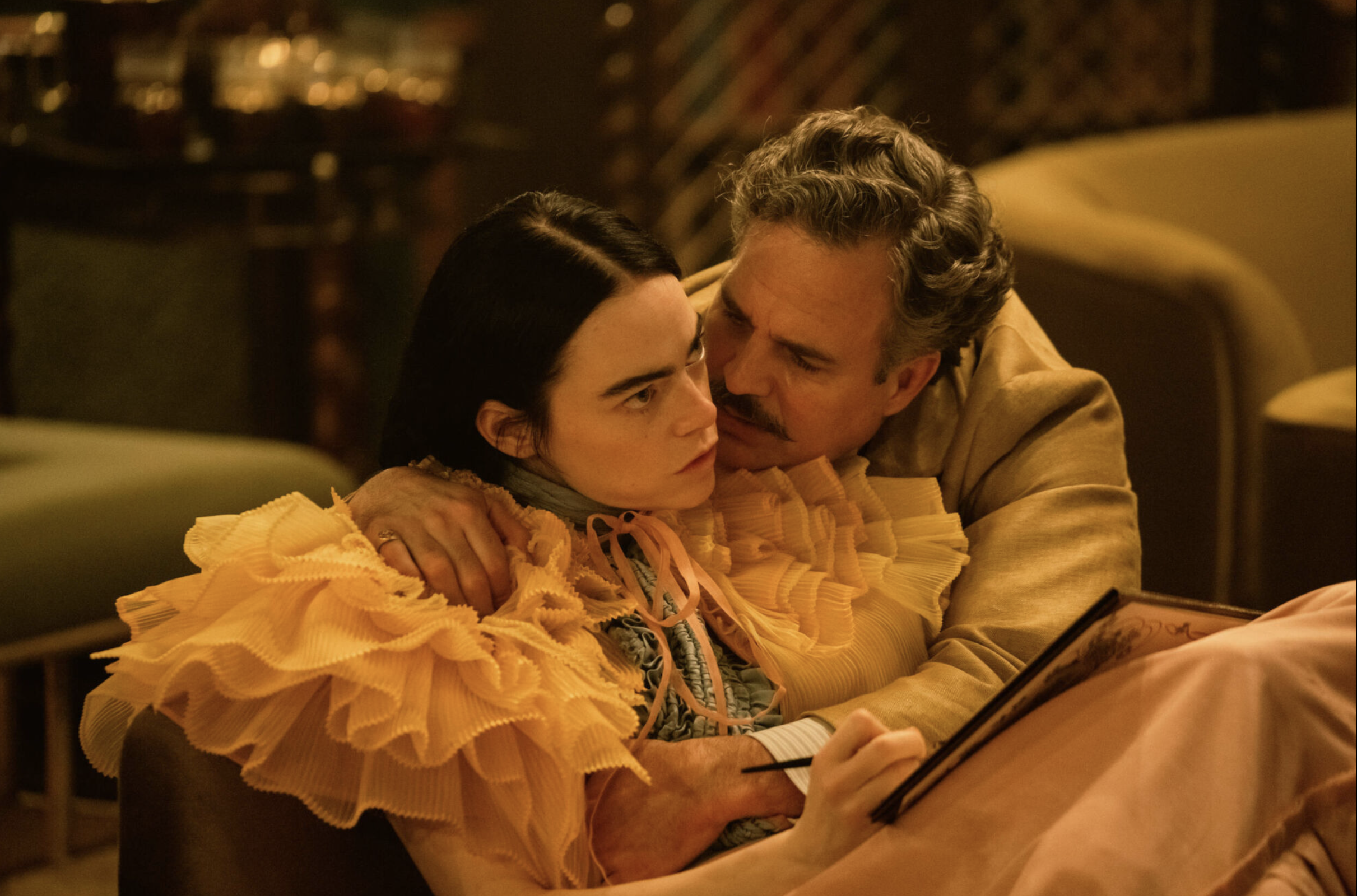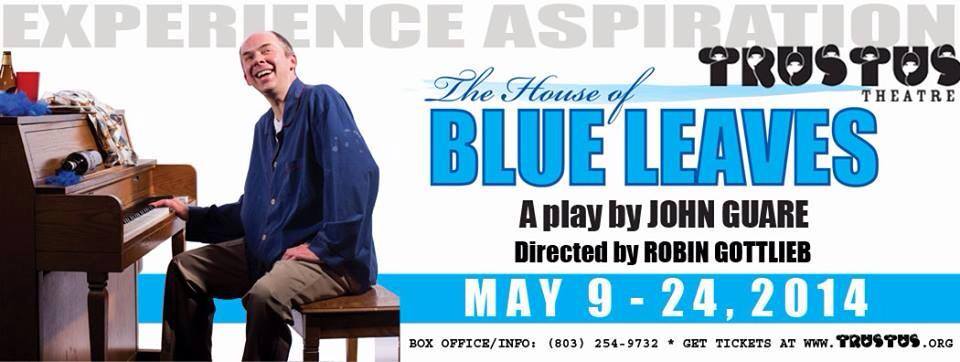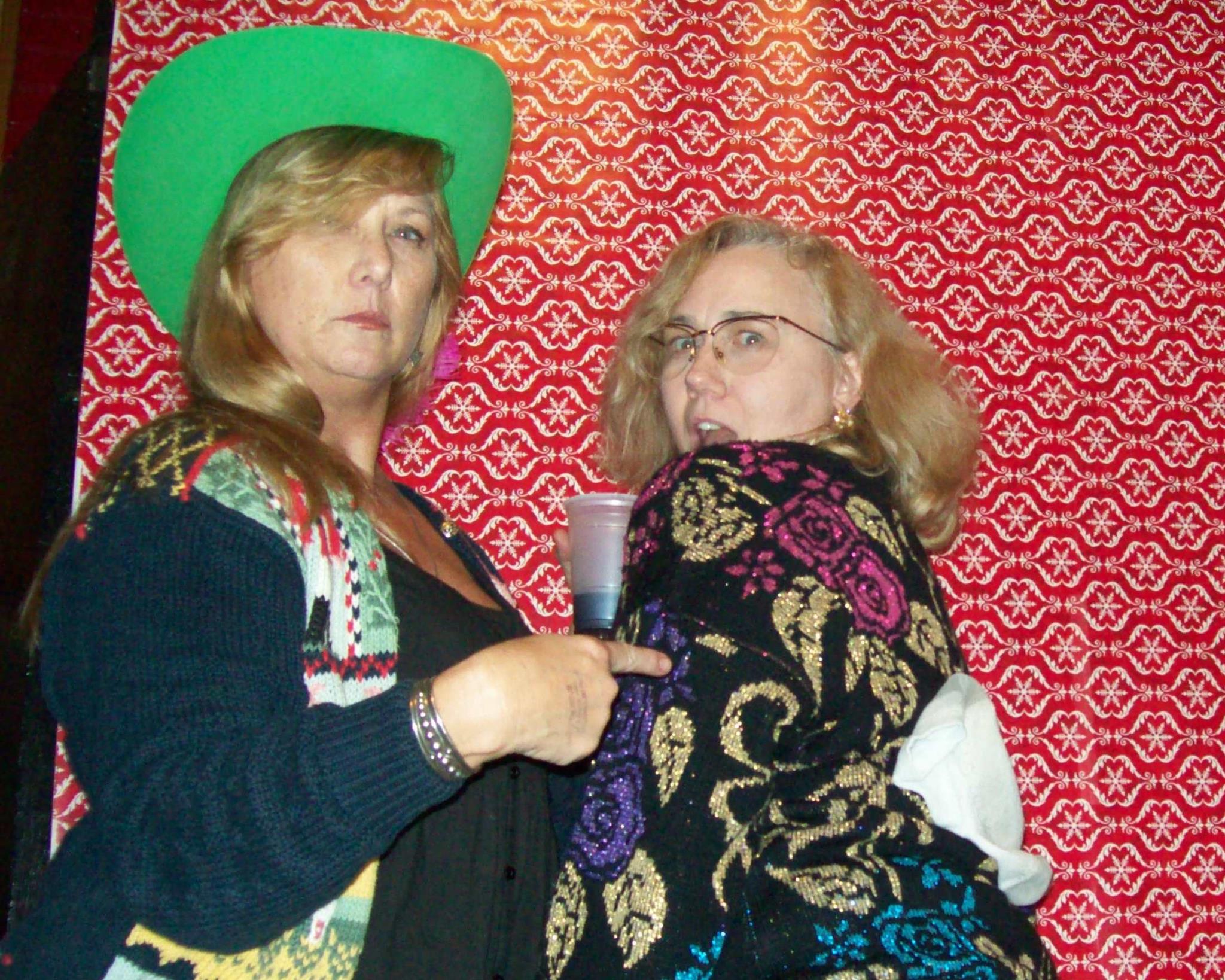As the cinematic award season concludes Sunday evening with the Academy Awards, Jasper asked creators and film lovers around Columbia about their most memorable movie viewing experience of 2023. Some loved new film offerings from the year. Others re-visited older classics or childhood favorites and saw them with a new point of view. Some anticipated a film only to be disappointed. Our list of Columbia creators and film lovers offered a diverse list of favorites, and we invite you, if you haven’t already, to view some of their favorites when you can.
Kwasi Brown - Founder, Black Nerd Mafia
My favorite movie this year was Thanksgiving. Horror is my fav genre, which typically has a lot of disposable content. This movie, while set in modern times felt like a throwback slasher. It also explores themes of American consumerism and how out of hand it has gotten. Great kills, light humor, and an interesting compelling story. Eli Roth can be hit or miss but I’ve been waiting for this movie since the fake trailer appear in Tarantino's grindhouse forever ago and he didn't disappoint.
Marty Fort - Musician & Owner, Columbia Arts Academy, Irmo School of Music, Lexington Arts Academy
I watched The Goonies with my daughter. As far as what was new about The Goonies was how intense parts of it were. Sloth in hand cuffs. The mobsters. And the visuals, Oregon, the music, etc.
Laura Kissel - Director, School of Visual Art and Design, University of South Carolina
I loved Barbie! It captures the powerful, fun, and imaginative play a lot of young girls have when they are full of agency and fearless. Great, nostalgic set design for Barbieland, catchy song and dance sequences, and a terrific critique of the patriarchy. And I had no idea there was once a video of Barbie with a camera in her body. I want one!
Merritt McNeely - CEO, Flock and Rally
Nimona was #1. And magically, was also created by a local. But we didn't watch it the first time through that lens. For me, I cried b/c I realized the struggle that Nimona was sharing with the world - about having to be someone else until you finally just have to be you, and how hard that can be. I felt like it was the exact message my child needed to hear - whether he understood that or not. I don't know why my son cried during Nimona, he can't quite explain his feelings yet, but something moved him to tears as well.
Tracie Broom - Co-Founding Partner, Flock and Rally
I absolutely loved Poor Things. I found it incredibly funny and creative, and it shows a version of what women *might* want to question and explore if we weren't conditioned from a very young age to see ourselves, and our usefulness, in a limited way. Plus, what a treat for a Yorgos Lanthimos movie to wrap up on a high note!
Ed Madden - Poet
The Quiet Girl. Gorgeous. Irish film, part in Irish language. Based on novella Foster by Claire Keegan. Heartbreakingly beautiful. Things unsaid. Gestures. What is family. Who is a parent. A slow revelation, the ambiguity of the ending. The cast—Carrie Crowley was so amazing, and Catherine Clinch.
Cedric Umoja - Artist
Surrounded. I found the storytelling, cinematography, and acting to be excellent. It was a great way to expand upon the western genre by making its hero a Black woman who had served as a Buffalo soldier before becoming a traveler. She was everything we, as the audience, hoped she would be.
Sumner Bender - Executive Director, Nickelodeon Theater
I really enjoyed AIR, Barbie, Past Lives, and Oppenheimer. I think Oppenheimer is my favorite though. It's almost cliche because it is so critically acclaimed. I didn't see it when it first came out, but I watched it later and 10 minutes in I realized why it was so hyped up, because it is incredible! I have no qualms about loving popular movies!
Jay Matheson - Musician, Owner The Jam Room
Biggest disappointment was Leave the World Behind. Looking through the 2023 film list the only one that stands out is Jules. It was quite offbeat and dealt with quite a few subjects in a unique way. Aging being a theme. Brian and Charles had to be the standout film that I ran across. Very funny and quite absurd. Not for everyone but I thought it was great. I don't keep notes so I'm sure I've forgotten a few. It was a busy year for me, so I did not watch as many films as usual.
Keith Tolen - Artist
I found myself watching a film I know I have seen almost a hundred times. It’s Cool Runnings. I can’t get enough of it. I don’t know why. It has the beating the odds moments and yet how to handle defeat. I also love the flavor of the film. After all you are in Jamaica. What could be better. Solid acting and my go to film when I need to recharge.
Amy Brower - Actor, Artist, & Owner, Brower Casting
2024 gave us....Barbie. The first act of the film can only be described as a cotton candy fever dream. (Which my inner 5-year-old unapologetically enjoyed) As someone familiar with (and deeply appreciative of) Greta [Gerwig]'s work, I was bracing myself for the gut punch of unflinching reality in there somewhere. And sure enough there it was, sandwiched palpably between hysterical one liners and over-the-top costume changes. Overall, it was a mixed bittersweet bag (as is womanhood) that succeeds in offering a fresh take on gender equality and self-love amidst toxic culture patterns in society and yes, in ourselves. As much as I look forward to sharing Barbie with my daughters in a few years, I feel no need to wake them from their cotton candy dreams of childhood just yet.
Chad Henderson - Theatre Director & Marketing Director, South Carolina Philharmonic
My favorite film that I watched last year was Good Vibrations, a 2013 music flick based on the life of Terri Hooley - a record-store owner instrumental in developing Belfast’s punk rock scene. I heard about Hooley while watching a PBS documentary about Northern Ireland and The Troubles, then I saw there was a movie about him. Saw the movie (loved it) and read Hooley’s autobiography. Then, by chance, when I was in NYC last summer the musical adaptation of the film was playing at the Irish Arts Center in Manhattan. So I’m a bit of a Hooligan at this point.
Debi Schadel - Co-Founding Partner, Flock and Rally
Two of my favorites were Women Talking and Nimona. Women Talking was a bold movie with little action which was so refreshing. Nimona made me so proud to see a Columbia native make it and it goes to show you that the big budgets aren't always the best and it's always about the story.
Cindi Boiter – Founder & Executive Director, The Jasper Project
A unique film that may not be on everyone’s radar was 2020’s Kajillionaire. I was drawn to it because it was written and directed by Miranda July (You and Me and Everyone We Know, 2005) and starred some of my favorites - Richard Jenkins, Evan Rachel Wood, Debra Winger, and Gina Rodriguez, with a smaller part played by Da’Vine Joy Randolph (nominated for Holdovers this year.) I loved it because it was quirky, and Wood’s character was a huge departure for her. But more so, I loved its treatment of parenting, and the holes parents can leave in the emotional makeup of their children. In a powerful scene, Jenkins and Winger demonstrate how parenting can be a performance more than a mission. Heartbreaking but, in the end, satisfying.
— Wade Sellers

























